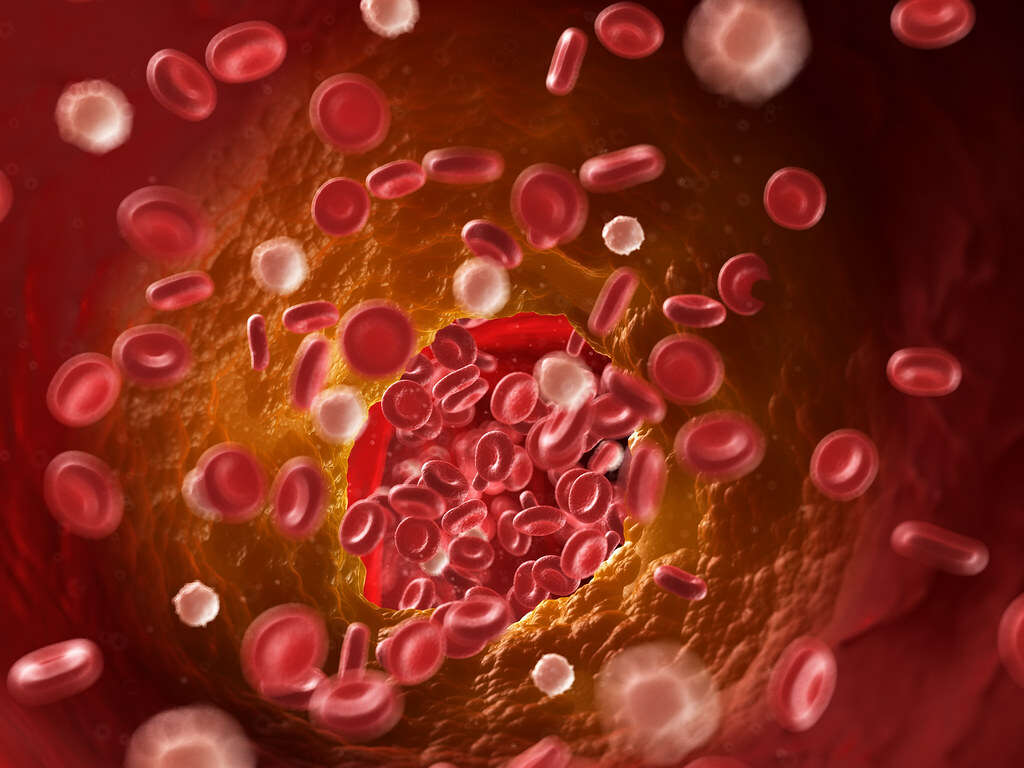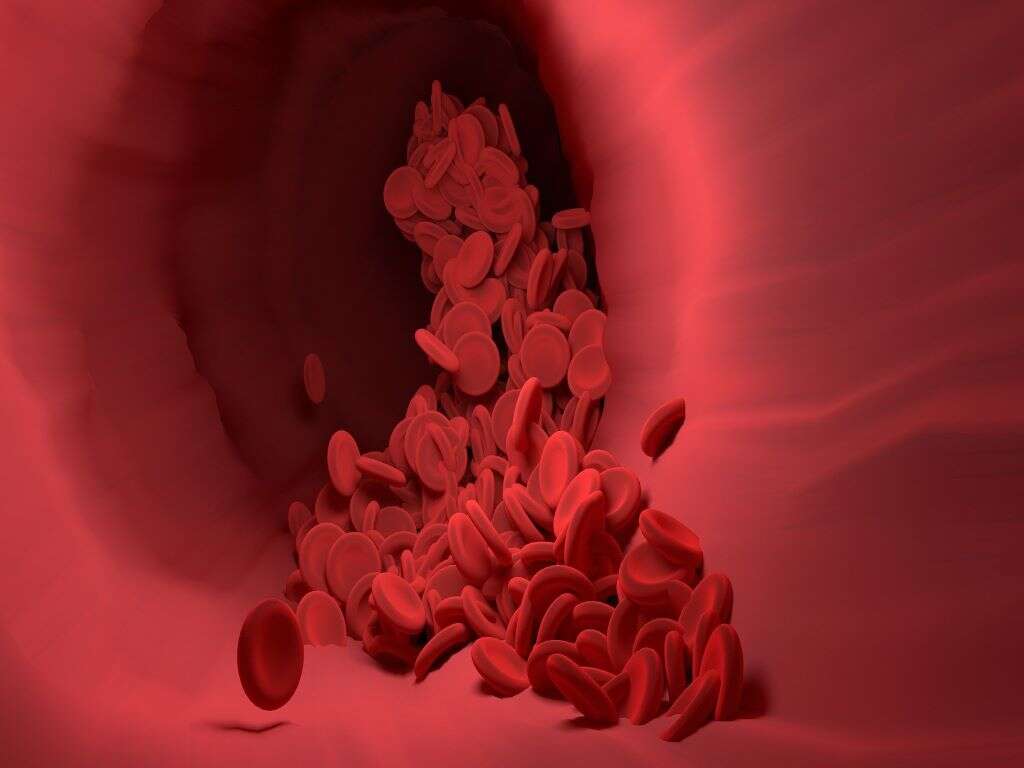Blood Poisoning Symptoms, Treatments and More
 Article Sources
Article Sources
- 1. 'Blood Poisoning: When to See a Doctor.' Mayo Clinic, Mayo Foundation for Medical Education and Research, 22 Apr. 2020, www.mayoclinic.org/blood-poisoning/expert-answers/faq-20058534
- 2. NHS Choices, NHS, www.nhs.uk/conditions/sepsis/.
- 3. NHS Choices, NHS, www.nhs.uk/conditions/sepsis/who-can-get-it/.
- 4. NHS Choices, NHS, www.nhs.uk/conditions/sepsis/treatment-and-recovery/.
- 5. 'What Is Sepsis?' Centers for Disease Control and Prevention, Centers for Disease Control and Prevention, 27 Jan. 2021, www.cdc.gov/sepsis/what-is-sepsis.html.
- 6. 'Get Ahead of Sepsis – Know the Risks. Spot the Signs. Act Fast.' Centers for Disease Control and Prevention, Centers for Disease Control and Prevention, 27 Aug. 2020, www.cdc.gov/patientsafety/features/get-ahead-of-sepsis.html.
- 7. 'Sepsis.' Mayo Clinic, Mayo Foundation for Medical Education and Research, 19 Jan. 2021, www.mayoclinic.org/diseases-conditions/sepsis/symptoms-causes/syc-20351214.
Blood poisoning is not a formal medical term nor does it have anything to do with poison. It's often used for conditions like sepsis, where bacteria has infected a person's blood.1‘Blood Poisoning: When to See a Doctor.’ Mayo Clinic, Mayo Foundation for Medical Education and Research, 22 Apr. 2020, www.mayoclinic.org/blood-poisoning/expert-answers/faq-20058534
While sepsis is not poison in the traditional sense, it is highly dangerous. Bacteria in the blood can move rapidly through the entire body, causing a chain immune reaction that can lead to organ failure or even death. Blood poisoning can be hard to spot and is life-threatening, so it's important to watch for signs and understand how the disease works.2NHS Choices, NHS, www.nhs.uk/conditions/sepsis/.
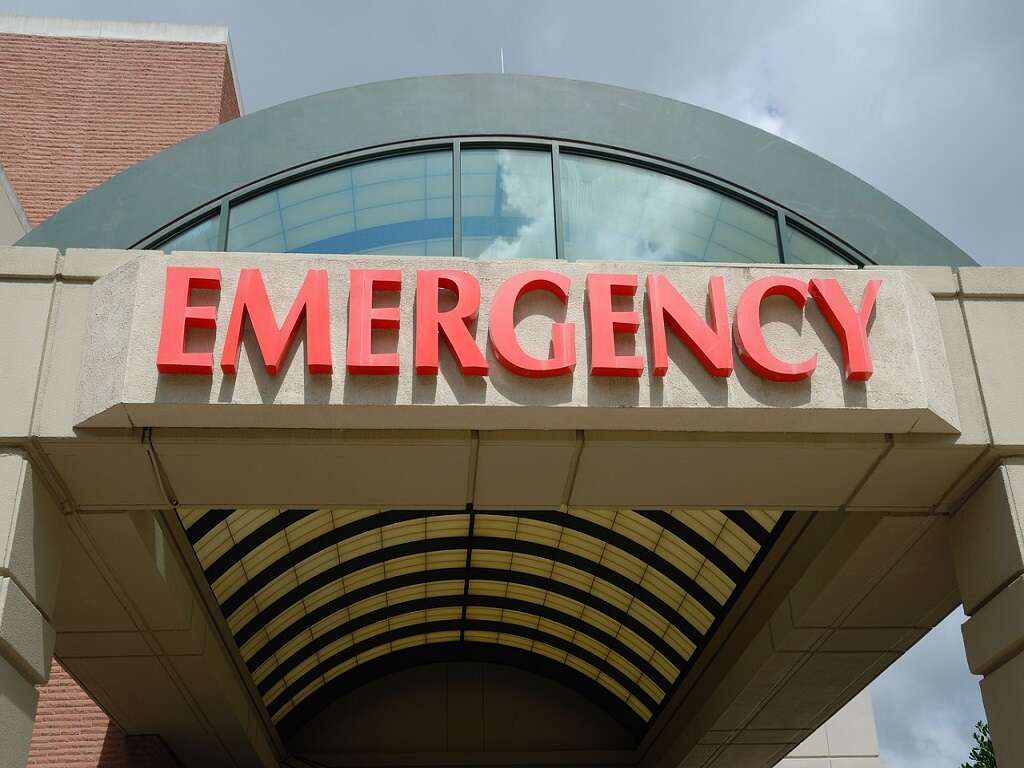
1. Causes
Sepsis is not contagious. But any infection in the body can potentially move into the bloodstream and cause blood poisoning. Injuries and illnesses, including viruses like influenza, can lead to infection and an untreated infection can quickly and quietly develop into sepsis. That's why it's important to treat infections early and to be sure they're healing properly.5‘What Is Sepsis?’ Centers for Disease Control and Prevention, Centers for Disease Control and Prevention, 27 Jan. 2021, www.cdc.gov/sepsis/what-is-sepsis.html.
Medical and dental procedures also present a risk of infection. If a person has recently had surgery, been to the hospital, or had a dental procedure and is showing signs of sepsis, it's important to contact a doctor immediately.1‘Blood Poisoning: When to See a Doctor.’ Mayo Clinic, Mayo Foundation for Medical Education and Research, 22 Apr. 2020, www.mayoclinic.org/blood-poisoning/expert-answers/faq-20058534
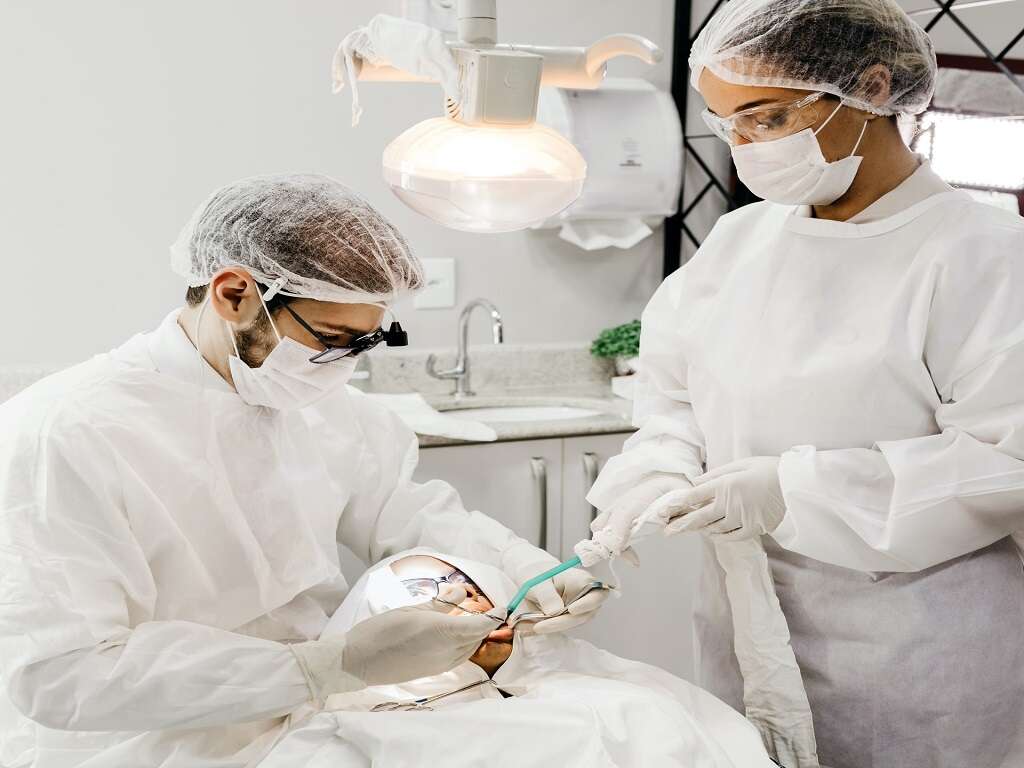
2. Who Is At Risk
Any person, no matter how healthy, can get blood poisoning. However, there are groups who are more likely to have an infection develop into sepsis. Someone who has recently given birth, had a miscarriage or abortion, people who are very young or very old, people with weak immune systems, and those recovering from serious illness or surgery are particularly vulnerable.
It's important to protect vulnerable people from infection by washing hands and making sure all people who can get vaccines are vaccinated.3NHS Choices, NHS, www.nhs.uk/conditions/sepsis/who-can-get-it/.
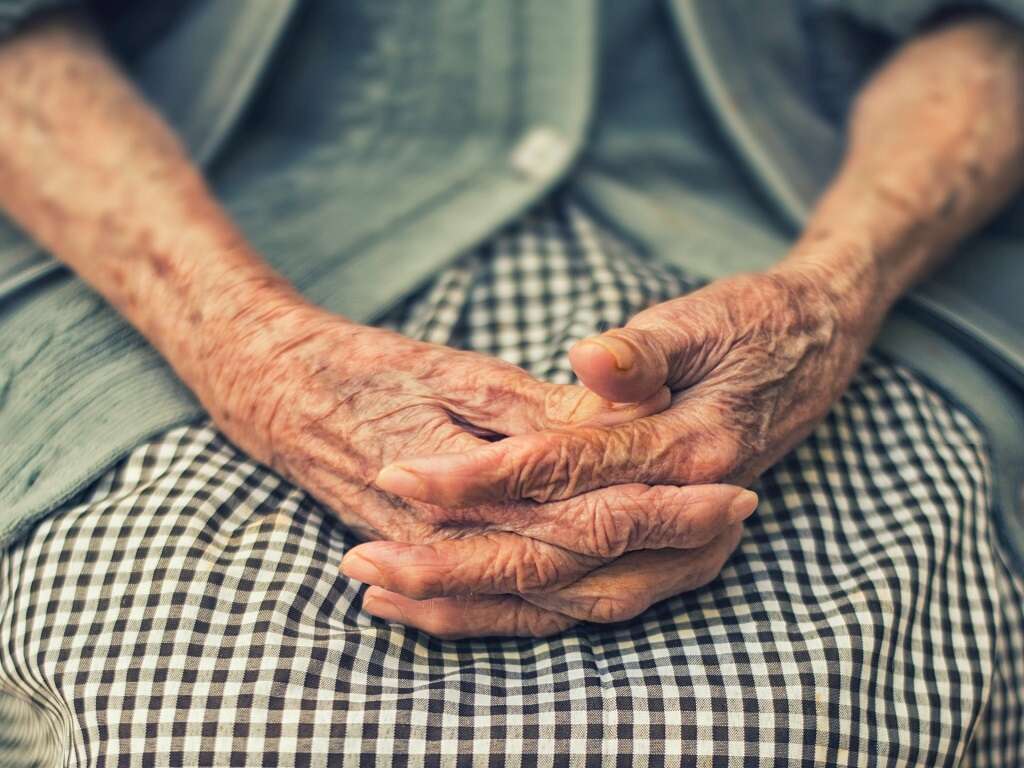
3. Risks
Early treatment of blood poisoning is crucial. People with mild sepsis usually recover. But if the infection progresses into septic shock, a huge drop in blood pressure due to widespread infection, the illness can kill up to 40% of people and leave survivors with lasting damage to their organs and immune system.7‘Sepsis.’ Mayo Clinic, Mayo Foundation for Medical Education and Research, 19 Jan. 2021, www.mayoclinic.org/diseases-conditions/sepsis/symptoms-causes/syc-20351214.
That's why it's so important to take the full round of doctor-prescribed antibiotics for an infection, even if the symptoms have stopped, and to watch for signs of sepsis.3NHS Choices, NHS, www.nhs.uk/conditions/sepsis/who-can-get-it/.
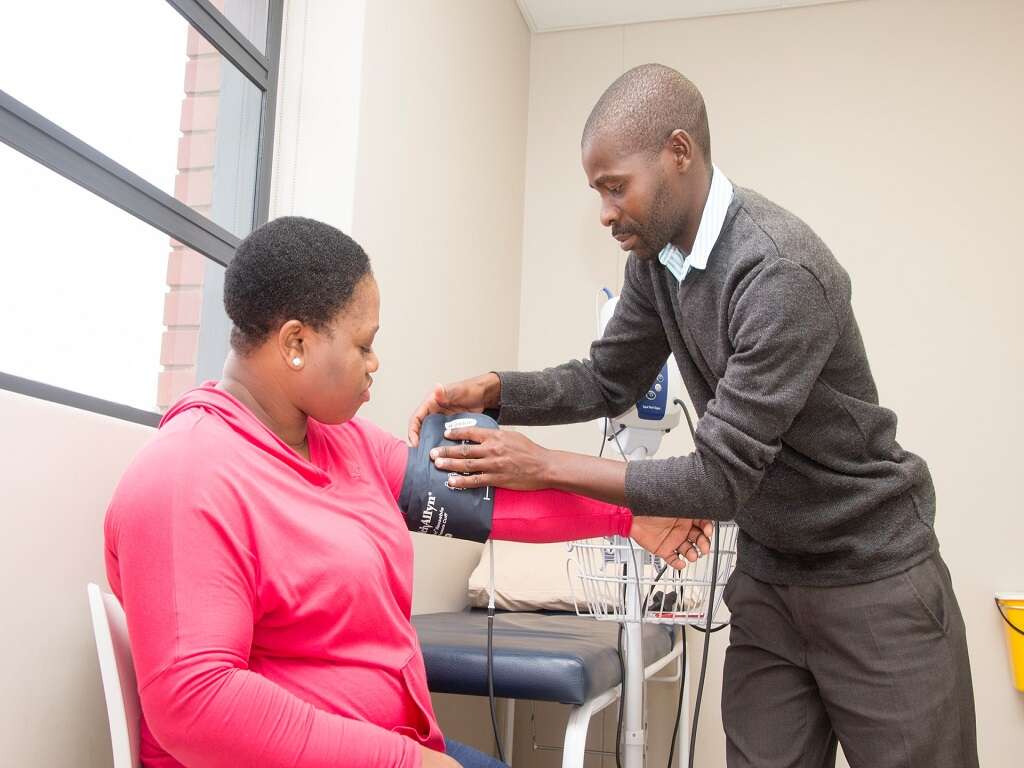
4. Symptoms
A person with blood poisoning may have a high fever with sweaty skin and shivering. They may be confused, in pain, or have a hard time breathing. A doctor will often check blood pressure, as a person with sepsis frequently has very low blood pressure and a fast heartbeat.6‘Get Ahead of Sepsis – Know the Risks. Spot the Signs. Act Fast.’ Centers for Disease Control and Prevention, Centers for Disease Control and Prevention, 27 Aug. 2020, www.cdc.gov/patientsafety/features/get-ahead-of-sepsis.html.
The symptoms of sepsis can be subtle at first. If a person has an infection that isn't getting better, you should ask a doctor if it could be blood poisoning.5‘What Is Sepsis?’ Centers for Disease Control and Prevention, Centers for Disease Control and Prevention, 27 Jan. 2021, www.cdc.gov/sepsis/what-is-sepsis.html.

5.Is This Really Blood Poisoning?
Blood poisoning can be hard to recognize, especially in small babies or people with conditions like dementia. At first, sepsis could just look like the flu.
If a person isn't sure whether they or a loved one has sepsis, it's okay to ask a doctor or call a non-emergency medical line. It's better to have a medical professional test for sepsis and not find it than to wait until a person is seriously ill.2NHS Choices, NHS, www.nhs.uk/conditions/sepsis/.

6. When to See A Doctor
Any time there is an infection, blood poisoning is a rare, but possible risk. If a person is recovering from a recent medical procedure or illness, even a routine one, and they develop chills, with or without shaking, and a sudden fever, they should talk with a doctor right away.1‘Blood Poisoning: When to See a Doctor.’ Mayo Clinic, Mayo Foundation for Medical Education and Research, 22 Apr. 2020, www.mayoclinic.org/blood-poisoning/expert-answers/faq-20058534
If a person notices that a wound or an illness isn't getting better or is getting suddenly worse, they should see a doctor to make sure the infection hasn't reached the blood.6‘Get Ahead of Sepsis – Know the Risks. Spot the Signs. Act Fast.’ Centers for Disease Control and Prevention, Centers for Disease Control and Prevention, 27 Aug. 2020, www.cdc.gov/patientsafety/features/get-ahead-of-sepsis.html.

7. When To Call An Ambulance
A person should go to the hospital immediately if they are acting confused or slurring their speech, if they are breathing very quickly or with difficulty, or if they develop a rash grows larger and looks like a big bruise. A bluish tint of the lips or face is also a dangerous sign.
Not all symptoms have to be present. Any single sign is a reason to call for an ambulance or go to the nearest emergency room.2NHS Choices, NHS, www.nhs.uk/conditions/sepsis/.
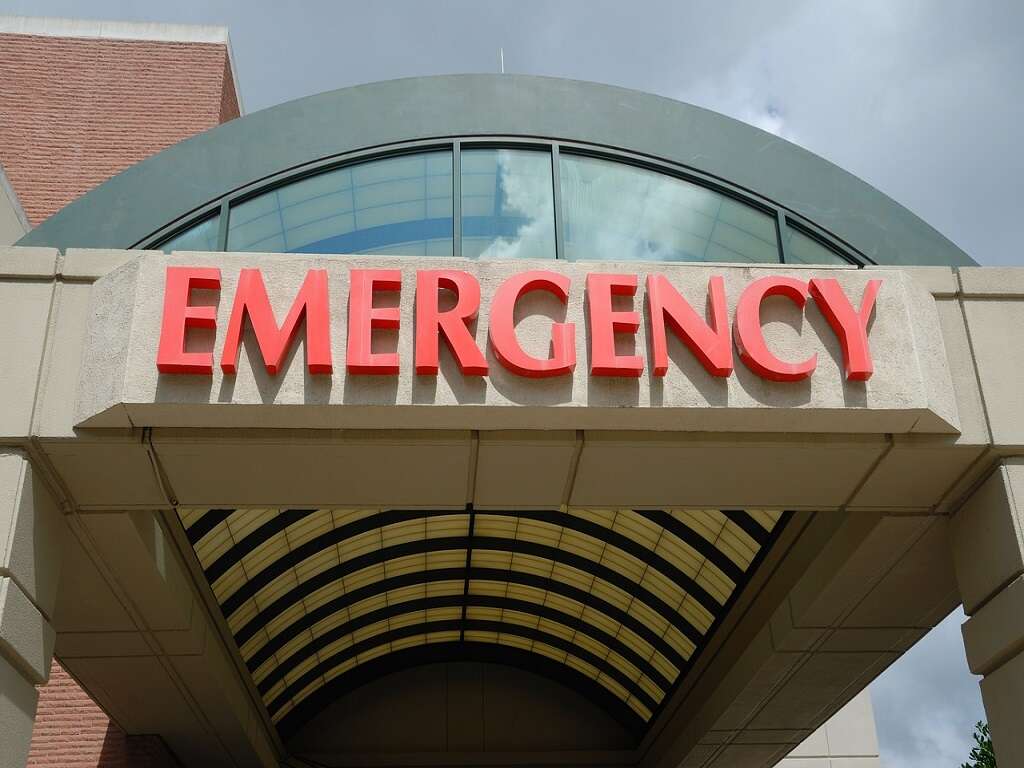
8. Treatment
Blood poisoning is a medical emergency that requires fast treatment.6‘Get Ahead of Sepsis – Know the Risks. Spot the Signs. Act Fast.’ Centers for Disease Control and Prevention, Centers for Disease Control and Prevention, 27 Aug. 2020, www.cdc.gov/patientsafety/features/get-ahead-of-sepsis.html. It is treated in the hospital, sometimes in an intensive care unit (ICU). A ventilator may be needed to help the person breathe. A person may also need surgery to remove the infected area.
Antibiotics will likely be administered by doctors. A person may need to stay in the hospital for several weeks to stabilize and monitor their condition.4NHS Choices, NHS, www.nhs.uk/conditions/sepsis/treatment-and-recovery/.

9. Long Term Effects
With time and treatment, most people with blood poisoning make a full recovery. Nearly dying of infection can be extremely traumatic, and a person may develop post-traumatic stress disorder (PTSD) after their stay in the hospital. They may have nightmares, feel anxious or depressed.
The immune system may also be strained, and a person may need more sleep and have a lower appetite than usual after recovery. They could also get sick more often. It's important to show support and to monitor these symptoms.4NHS Choices, NHS, www.nhs.uk/conditions/sepsis/treatment-and-recovery/.

10. Aiding Recovery
The important thing to remember is that blood poisoning is a life-threatening condition and recovery takes time. It's important not to rush recovery; a person may not be able to work or be as active as they were before sepsis.
Gentle exercise can help the body become stronger. It's important to eat, but small frequent meals may be easier than large ones for a person with a lowered appetite. There are also support groups and treatments that can help with post-sepsis emotional symptoms.4NHS Choices, NHS, www.nhs.uk/conditions/sepsis/treatment-and-recovery/.





